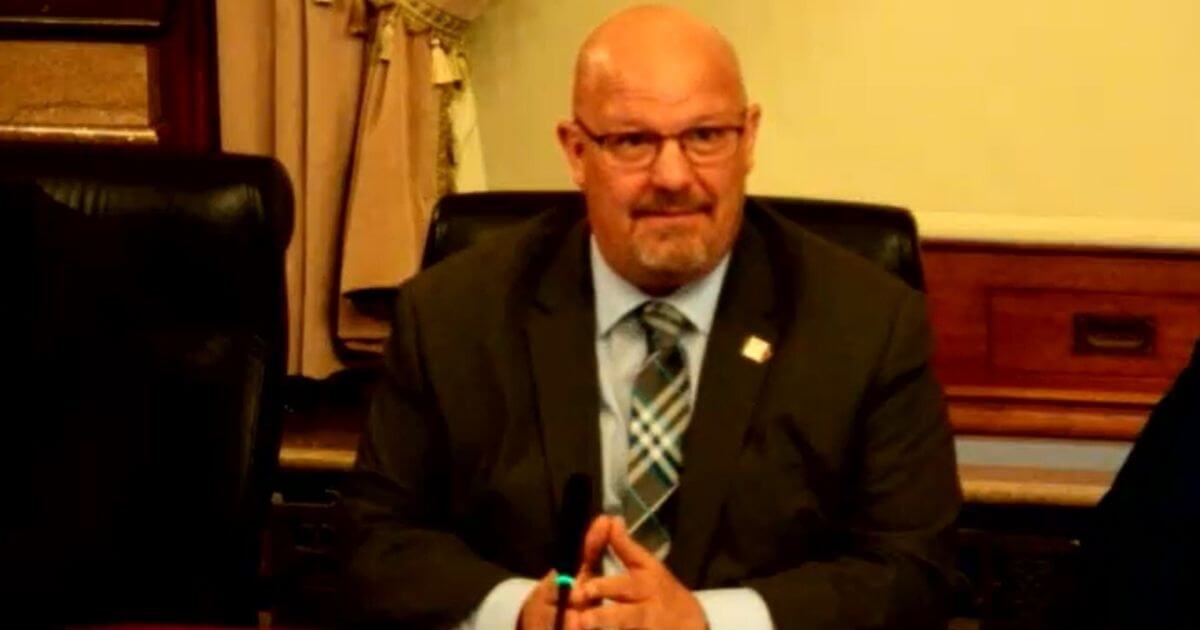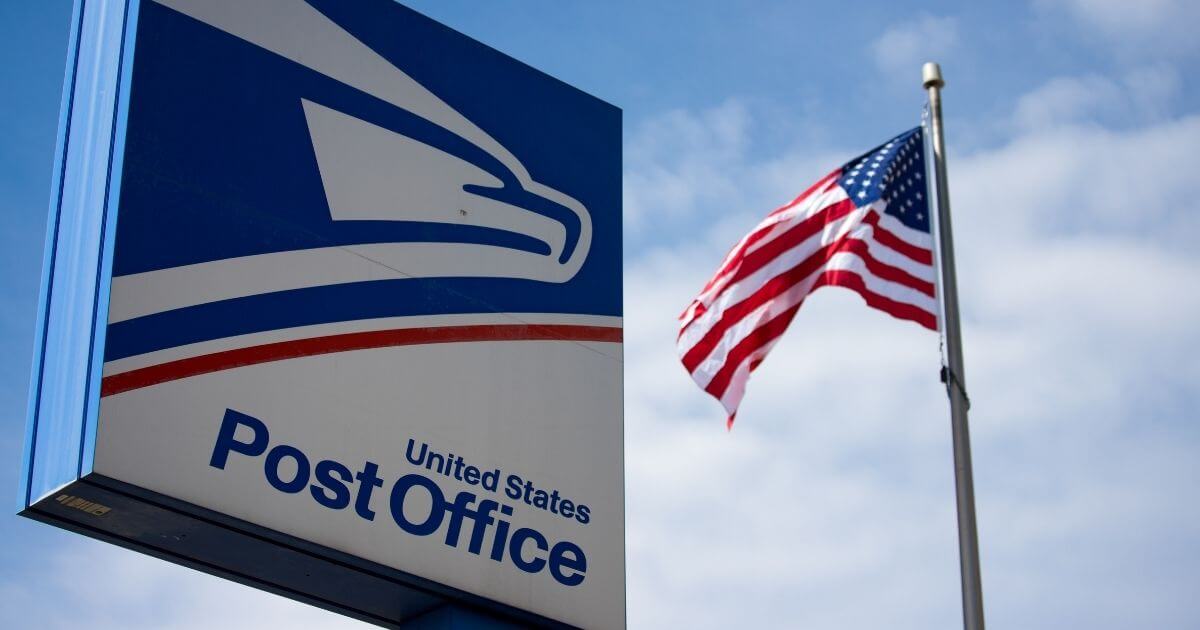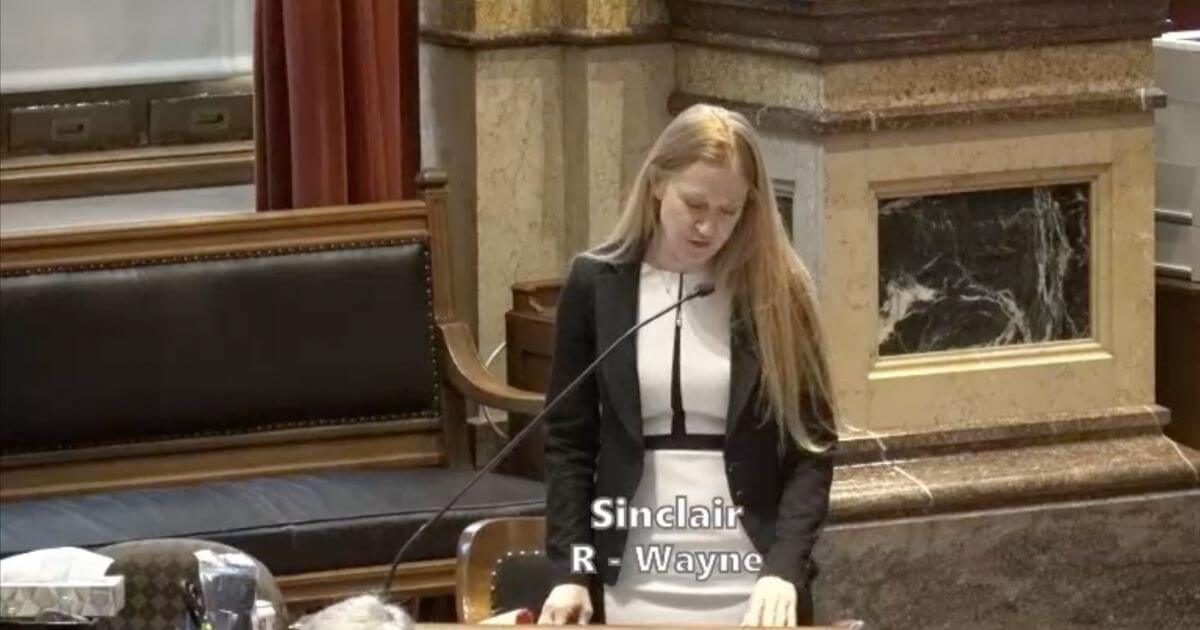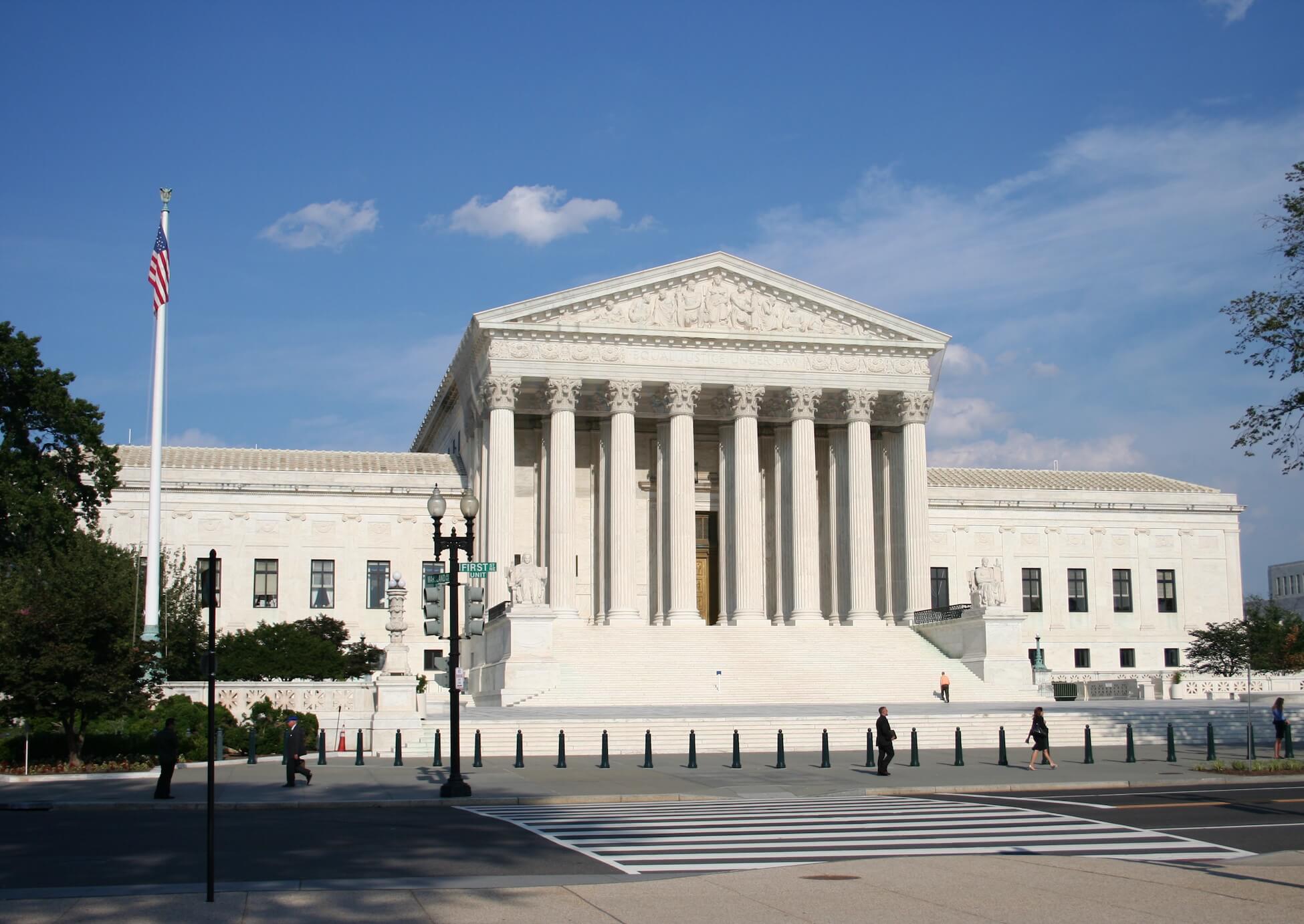
For weeks Senator Chuck Grassley has come under fire for his refusal to hold hearings for President Barack Obama’s eventual Supreme Court nominee. That nominee now has a face, a name and a record, with Merrick Garland getting the nod to be Obama’s choice to replace Antoin Scalia.
Does it matter? And for the Iowa angle, does it change anything that much in Grassley’s re-election race
Obviously, simply having a nominee drives the story more and now puts the ball in Grassley’s court.
“Now that President Obama has done his job by making a nomination, it’s time for Chuck Grassley to do his,” Patty Judge said in excerpts sent out from a press conference this week. “Judge Garland deserves a fair hearing in the Judiciary Committee, where his qualifications can be assessed by members of the committee and the American people.”
“Clearly it increases the pressure on Senator Grassley to follow the process,” agreed Rob Hogg in an interview with Starting Line. “To the extent people think he’s good or bad, the way that’s supposed to be done is through judiciary committee hearings so that we can get to know this particular person better … If they don’t have hearings, I think that just magnifies the fact that Senator Grassley has become the chief obstructionist in Washington.”
Hogg makes an interesting point that could cause Republicans problems if they do end up attacking Garland directly.
In the past conservative organizations have geared up their operations to attack various court nominees on their records of supporting various liberal positions. But in this case the Senate Republican stance is that no nominee should get a hearing or vote, so the person’s ideology doesn’t come into play as much.
Garland himself is apparently relatively moderate, so it’d be difficult in the first place to claim Obama is drastically changing the dynamic of the court with a fire-breathing liberal. Of course, there’s always something you can find in a court appointee’s past that you could use to rile up your base and make the accusation that he or she is too liberal.
But if they hit him for being too liberal on any particular issue, Democrats can simply respond by saying that that’s exactly why they should hold a hearing, so they can figure out if he really is or not. Just having a debate on the nominee through cable news is no way to vet them.
So that puts Republicans in a bind with their own base. Lambast the choice too much as potentially swinging the ideological balance of the Supreme Court, and you just play into the Democrats’ argument all the more.
When it comes to Grassley’s race, Republicans don’t seem to think it makes it better or worse for his chances, who they see as not as at risk as Democrats are hoping.
“Despite the hopes of Patty Judge, Rob Hogg, liberal special interest groups and the DSCC, the nomination of Merrick Garland does not change the U.S. Senate race in Iowa,” Jimmy Centers told Starting Line, emphasizing he was just speaking for himself as a Republican and not the Priorities For Iowa group. “Senator Grassley has a long history of working across party lines – most recently on sentencing reform – and being the voice of Iowa common sense in Washington. Senator Grassley’s commitment to remaining in touch with Iowans by visiting every county every year is just part of the reason the Des Moines Register/Mediacom poll showed him with a 57% approval rating.”
Garland does happen to be Terry Branstad’s second cousin. Democrats might add that into a talking point or two, though it probably won’t have any real impact on Grassley’s race.
But Garland’s nomination almost certainly makes the situation that much more awkward for Grassley to defend moving forward. While Grassley voted against Garland in 1997 for a Court of Appeals seat, that was because he thought there were too many judges currently on the court. As the Iowa Democratic Party pointed out this week, Grassley had plenty of nice things to say about Garland then.
“We have nothing against this nominee Mr. Garland,” Grassley said then. “He seems to be well-qualified and would probably make a good judge in some other court – where the seat needs to be filled.”
And the knowable nominee now could cause further problems when voters on both sides consider who the unknowable nominee would be from the next President that Grassley is trying to delay for.
“Politically, I don’t think most Iowans would support Senator Grassley holding this position vacant so that Donald Trump could make the appointment,” Hogg suggested. “I don’t think that’s what Iowans want because I don’t think Iowans support Donald Trump.”
Essentially Grassley is saying he will block this moderate nominee so that either Hillary Clinton could nominate her own likely more-liberal nominee or Donald Trump could nominate… well, who knows who Trump would nominate. So it’s unclear how this all actually helps conservative voters. No one’s really sure where Trump comes down on certain key social issues, so it’s kind of an unknown if delaying would benefit them.
This entire ordeal Grassley has willingly placed himself into seems like it just hasn’t been well thought-out by anybody involved. There’s almost no upside for Grassley to carry out the far-right wing’s agenda on this issue. But so far, Grassley appears to have no interest in backing down. It’s going to cost him, including even possibly his longtime Senate seat.
by Pat Rynard
Posted 3/17/16
Politics
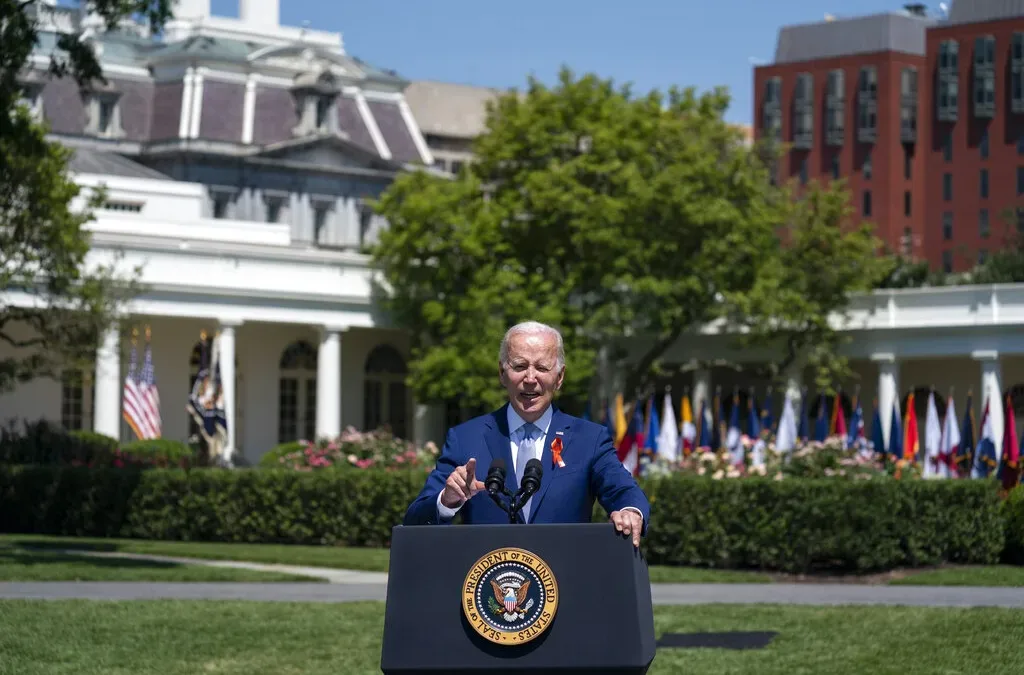
Biden announces new action to address gun sale loopholes
The Biden administration on Thursday announced new action to crack down on the sale of firearms without background checks and prevent the illegal...
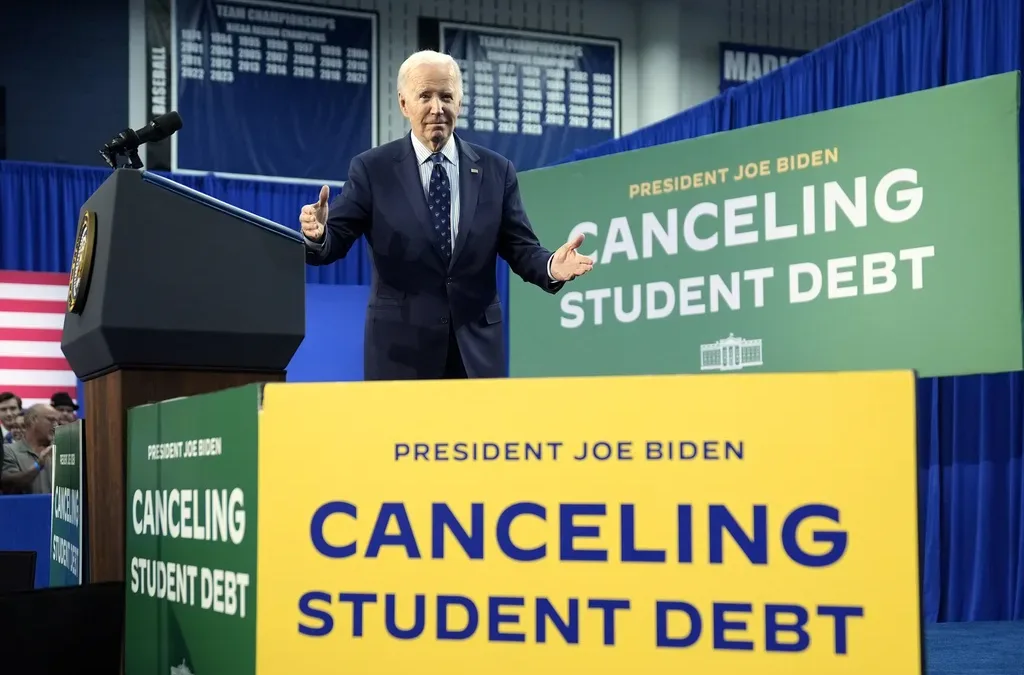
Biden cancels student loan debt for 2,690 more Iowans
The Biden administration on Friday announced its cancellation of an additional $7.4 billion in student debt for 277,000 borrowers, including 2,690...
Local News

No more Kum & Go? New owner Maverik of Utah retiring famous brand
Will Kum & Go have come and gone by next year? One new report claims that's the plan by the store's new owners. The Iowa-based convenience store...

Here’s a recap of the biggest headlines Iowa celebs made In 2023
For these famous Iowans, 2023 was a year of controversy, career highlights, and full-circle moments. Here’s how 2023 went for the following Iowans:...



